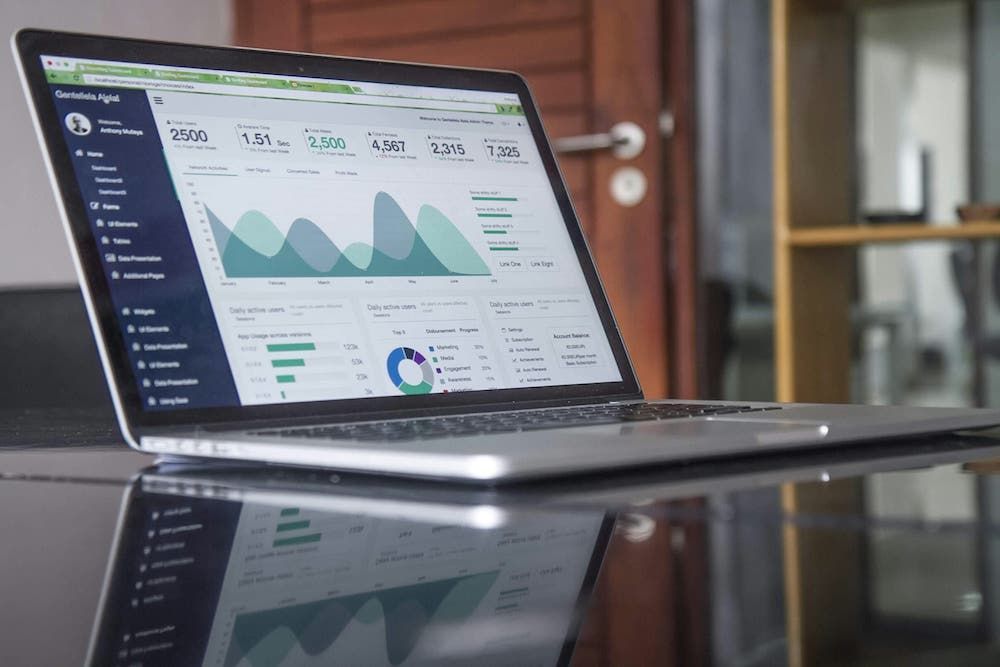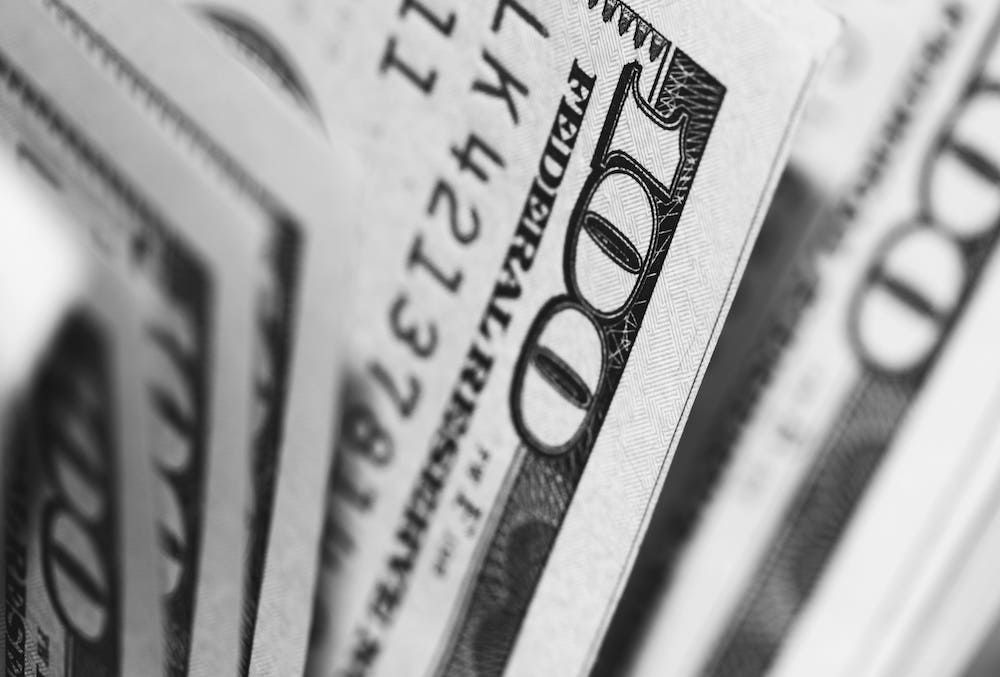How a Personal Loan Can Influence Your Credit Score: A Comprehensive Overview

Your credit score can experience fluctuations based on the dynamics of a personal loan. Factors such as payment consistency, borrowing amount, and existing debt load play pivotal roles. Nonetheless, opting for a personal loan can serve as a convenient financial solution for various needs, provided you can manage the repayments. Here’s a comprehensive look at how a personal loan might influence your credit score.
Ways Personal Loans Can Positively Impact Your Credit Score
1. Establishing a Payment Track Record
FICO, a prominent credit scoring entity, underscores the significance of payment history, attributing 35% of your credit score to it. Timely payments reflect creditworthiness and determine eligibility for future credit endeavors. Consequently, maintaining punctuality with personal loan repayments contributes to fostering a robust payment history. While occasional late payments may not inflict immediate harm, consistent adherence to due dates is advisable to fortify your credit standing.
2. Enhancing Credit Mix Diversity
FICO also assigns a 10% weightage to credit mix in its scoring model. Lenders favor borrowers with diversified credit portfolios encompassing installment loans, credit cards, mortgages, and auto loans. Introducing a personal loan diversifies your credit mix, particularly if your credit history primarily comprises credit card transactions. This diversification signals adept management of varied debt types, positioning you as a less risky borrower.
3. Alleviating Credit Utilization Pressure
By utilizing a low-interest personal loan to settle credit card debt, you can alleviate your credit utilization ratio. This ratio quantifies the proportion of revolving debt to available credit, with revolving debt, like credit cards, constituting borrowable funds without a fixed repayment schedule. Personal loans, categorized as installment credit, fall outside this metric due to their structured repayment terms.
Reducing your credit utilization ratio is pivotal, as higher ratios imply heightened expenditure and debt accumulation, potentially labeling you as a riskier borrower. Paying off credit card balances through debt consolidation loans liberates available credit, consequently elevating your credit score.
Impact of Personal Loans on Your Credit Score
While personal loans offer certain advantages for building credit, they also carry the potential to harm your credit score.
1. Hard Credit Inquiries
Each time you apply for a personal loan, the lender conducts a hard inquiry into your credit history. This typically leads to a temporary dip in your credit score. However, this effect is temporary, as the inquiry eventually fades, allowing your score to recover. It’s important to note that applying for multiple loans simultaneously results in several hard inquiries, intensifying the negative impact on your credit score.
2. Late or Missed Payments
One of the most significant risks of taking out a substantial loan is the possibility of accruing more debt than you can comfortably repay. Consistent tardiness or missed payments can severely damage your payment history, ultimately lowering your credit score. Before pursuing a personal loan, carefully evaluate your financial situation to ensure you can meet your payment obligations throughout the loan term.
3. Increase in Overall Debt
Acquiring a new personal loan adds to your total debt, which constitutes a significant portion of your FICO Score. While accumulating more debt doesn’t necessarily label you as a high-risk borrower, it can elevate your debt-to-income ratio, potentially impeding your eligibility for various loan types, such as mortgages. Hence, it’s crucial to consider the impact of additional debt on your overall financial standing before committing to a personal loan.
What Credit Rating is Required for a Personal Loan?
The credit score requirement for a personal loan varies among lenders. Typically, a fair credit score, ranging from the low to mid 600s (580-669), is sufficient to qualify for a personal loan. However, some lenders may extend approval to individuals with scores as low as 300, albeit with steep interest rates and less favorable terms. Generally, a higher credit score translates to more favorable borrowing conditions, including lower interest rates and extended repayment periods.
To secure the best possible terms, consider prequalifying for a personal loan to compare rates from various lenders. Shopping around enables you to identify the most advantageous loan terms tailored to your needs.
Strategies for Enhancing Your Credit Score for a Personal Loan
Even while in the midst of applying for a personal loan, there are steps you can take to swiftly boost your credit score. Begin by accessing your credit reports at no cost from the three major credit bureaus: Equifax, TransUnion, and Experian.
Upon reviewing your credit report, implement the following strategies to expedite credit score improvement:
1. Debt Repayment: Prioritize paying off outstanding debts, particularly high-interest revolving credit accounts. Reducing credit card balances can lower your credit utilization ratio, positively impacting your credit score.
2. Dispute Inaccuracies: Address any inaccuracies or errors on your credit report by contacting your creditors. Rectifying misinformation, such as accounts stemming from identity theft or incorrect credit limits, can prevent unwarranted damage to your credit profile.
3. Authorized User Status: Consider becoming an authorized user on a credit card held by a trusted friend or family member. Being associated with an account boasting impeccable payment history and low credit utilization can bolster your credit score.
Leveraging a Personal Loan to Your Advantage
Obtaining a personal loan can present an excellent opportunity to establish and strengthen your credit history, provided you demonstrate a consistent ability to meet the repayment obligations. However, it is crucial to be mindful of the potential adverse impact it could have on your credit rating. Initially, you may observe fluctuations in your credit score during the loan application process due to the rigorous credit inquiry procedures. Nevertheless, if you maintain a diligent repayment schedule, you can effectively utilize the personal loan as a means to enhance your overall credit profile.
FAQs
Q1: What are the potential uses of a personal loan?
A1: A personal loan extends versatility in its utilization. It can be employed to settle tax liabilities, fund home improvements, or address unforeseen medical exigencies, among other purposes.
Q2: Does initiating a personal loan application impact my credit score?
A2: Initiating a personal loan application may entail a marginal decrement in your credit score as lenders meticulously evaluate your creditworthiness. Nonetheless, adhering to timely repayment schedules should contribute to an enhancement of your credit score over time.
Q3: How does repaying a personal loan affect my credit score?
A3: Repayment of a personal loan can inadvertently lead to a decline in your credit score. This is attributed to the loan’s closure, thereby diminishing the diversity in your credit mix and potentially reducing the average age of your active credit accounts. Consequently, such alterations may result in a temporary decrease in your credit score.

Follow the Money
Sign up for the Slickdeals Money newsletter for the latest news, tips and bonus offers.


All You Need to Know Before Getting a New Bank Account

CIT Bank Platinum Savings Review

Discover the Marcus of Goldman Sachs CD Rates

How to Earn More Money On Savings at Low Risks

How Your Personal Loan Influences Your Credit Score





